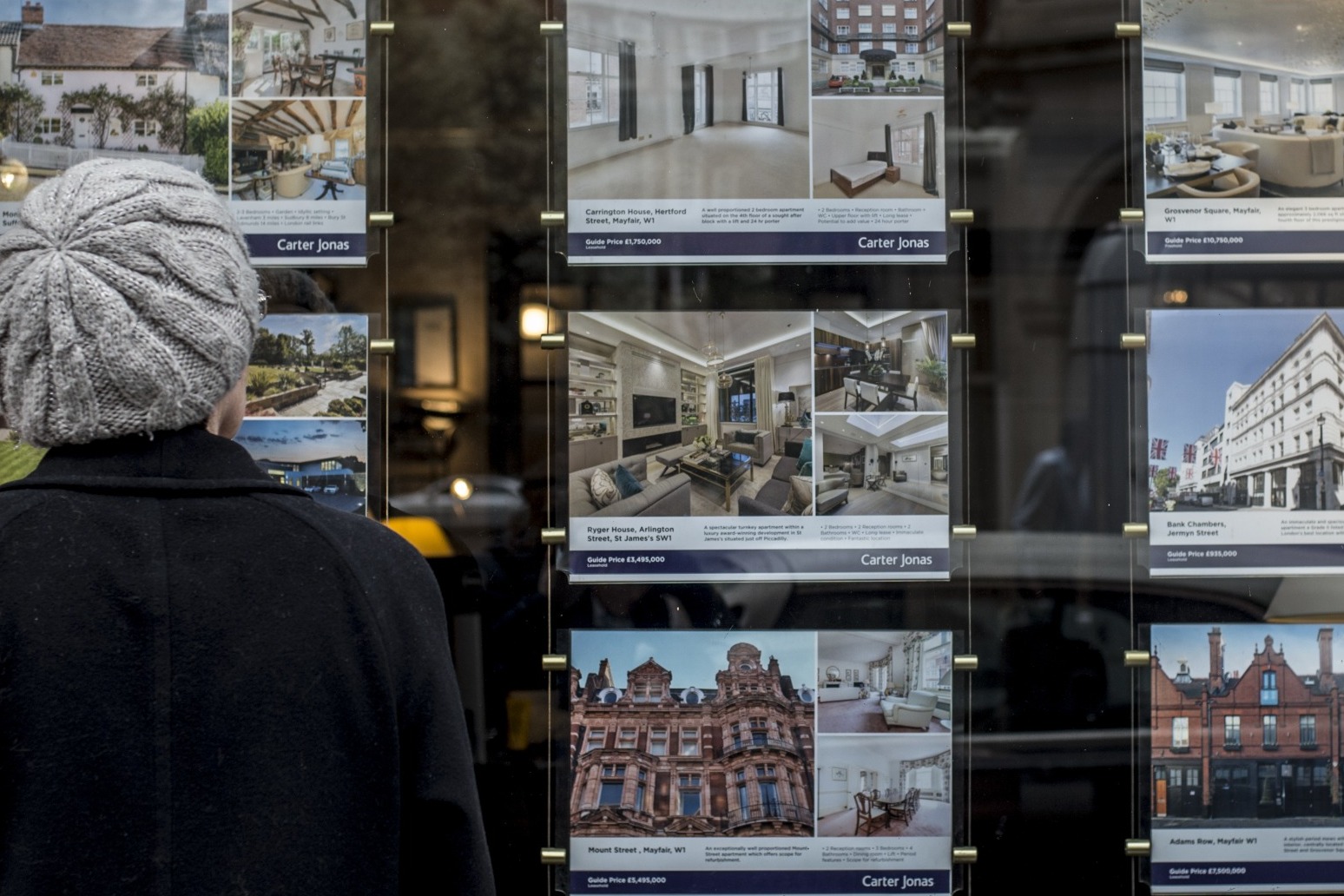This website uses cookies so that we can provide you with the best user experience possible. Cookie information is stored in your browser and performs functions such as recognising you when you return to our website and helping our team to understand which sections of the website you find most interesting and useful.
First time buyer numbers rebounded in 2024 from decade low says society
02/01/2025

The number of first-time buyers with a mortgage is estimated to have rebounded in 2024 from a decade low, jumping by nearly 14% annually.
Yorkshire Building Society estimated that across the UK there were 330,000 first-time buyer mortgage transactions during 2024, which would be a 13.8% increase compared with the previous year.
The year 2023 marked a decade low for first-time buyer lending, amid pressures from the cost-of-living crisis and higher interest rates, the society said.
Some 290,000 transactions were recorded in 2023 – the lowest number since 2013.
The society’s projections were based on UK Finance mortgage lending figures, which have not yet been published for the whole of 2024.
November and December 2024 volumes were estimated by Yorkshire Building Society, in line with previous first-time buyer patterns.
The Yorkshire’s group economist Max Shepherd said stamp duty changes from April could cause transactions to surge in the first quarter of 2025.
The “nil rate” band for first-time buyers is set to reduce from £425,000 to £300,000 from April 1. Stamp duty applies in England and Northern Ireland.
Mr Shepherd said higher house prices in southern England “could see buyers there caught in this trap”.
The highest number of annual first-time buyer transactions in the past 20 years was in 2021, at 400,000, fuelled by factors such as government support, changes to working habits and ultra-low borrowing costs, the society said.
Mr Shepherd added: “The (two Bank of England) base rate cuts during 2024 are one of the factors that have contributed to increased first-time buyer confidence, though caution is needed when it comes to any hopes they might see materially lower mortgage rates in 2025.
“The market is expecting three base rate cuts this year, which have been priced in by the market already, so I don’t think we’re likely to see average rates fall much below 4%.”
He added: “Economic factors like real earnings growth, the introduction of the new minimum wage and the fact unemployment is still low, are contributing to the increase in confidence, which is good to see, but there are a lot of variables at play.”
Published: by Radio NewsHub



